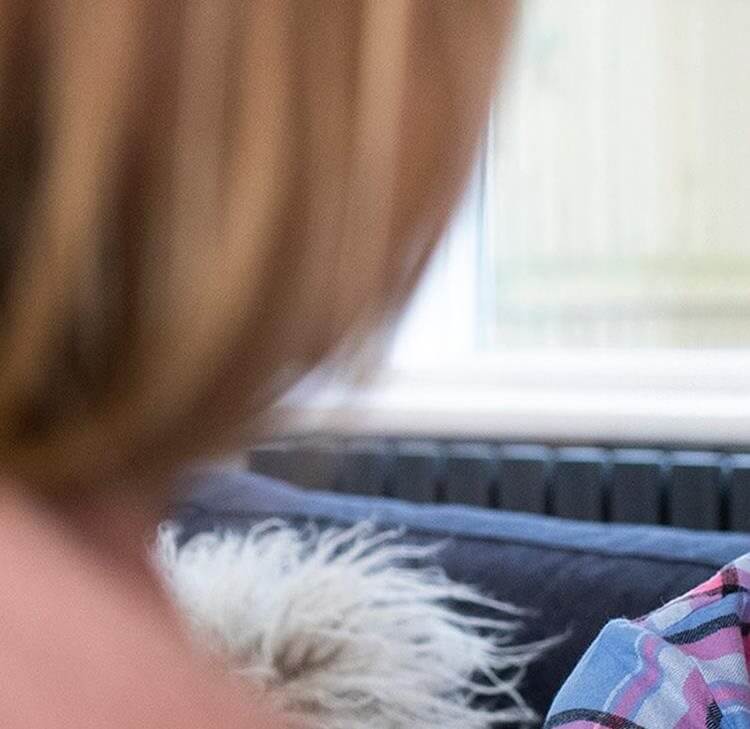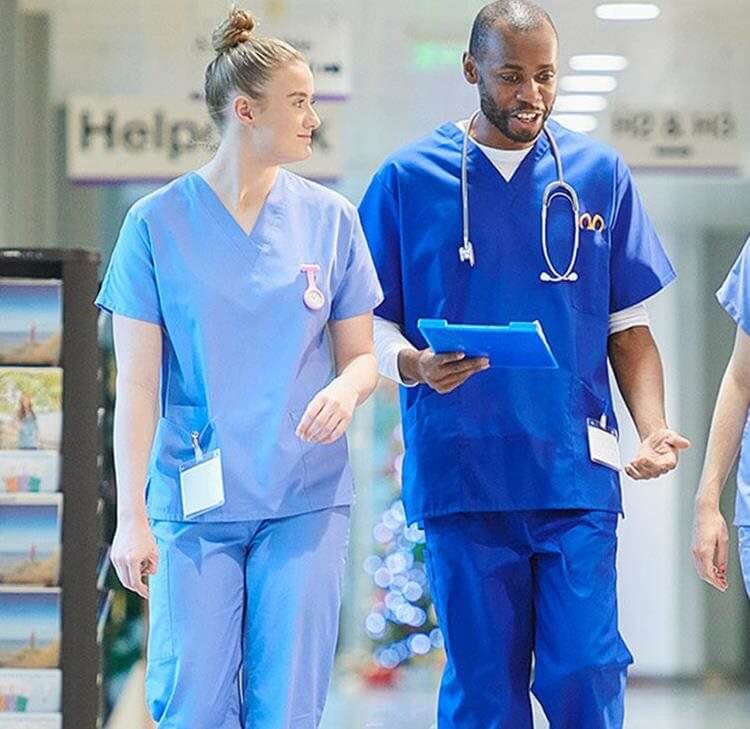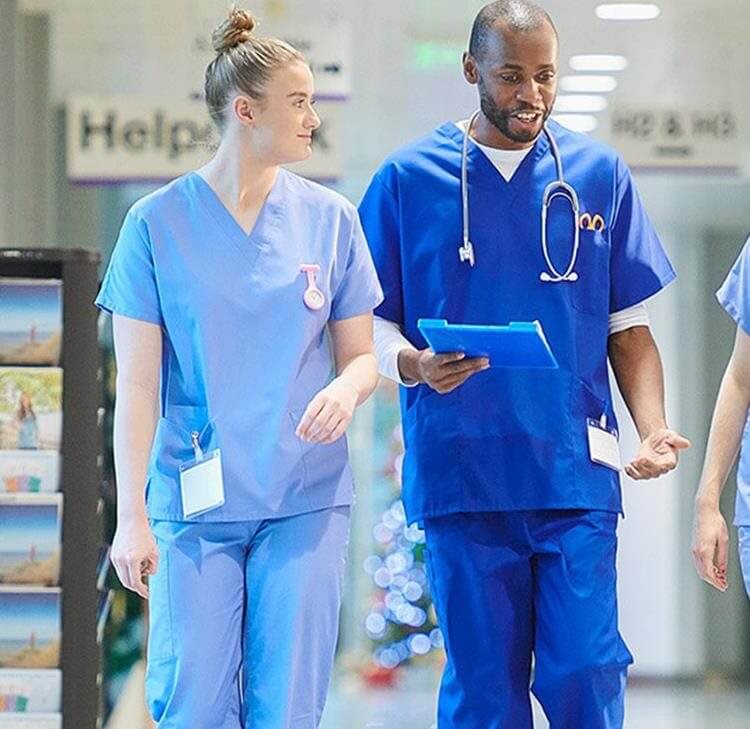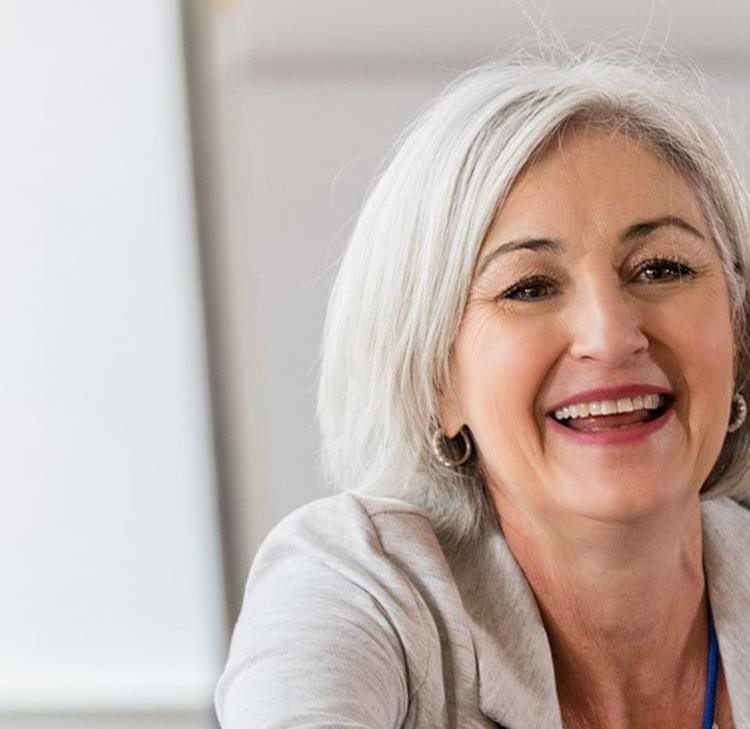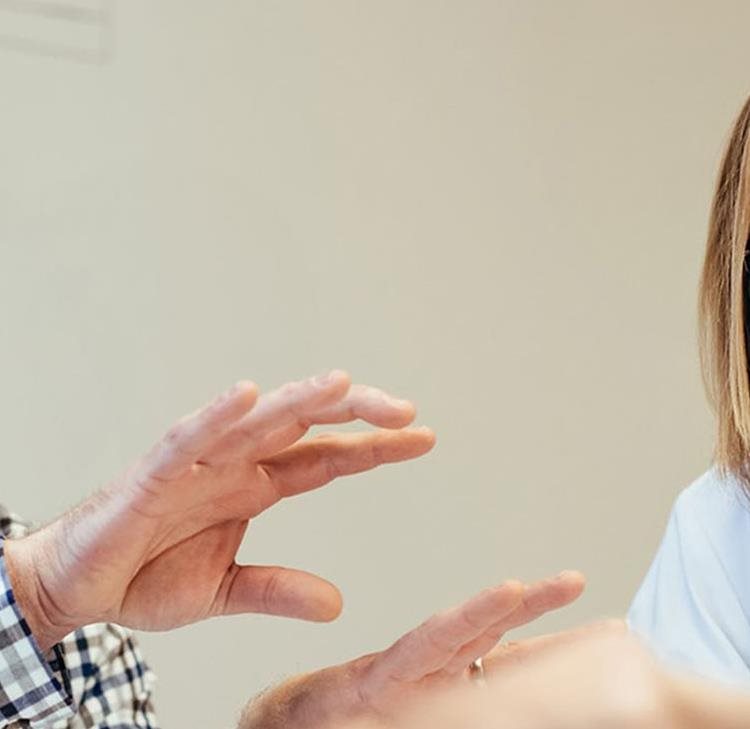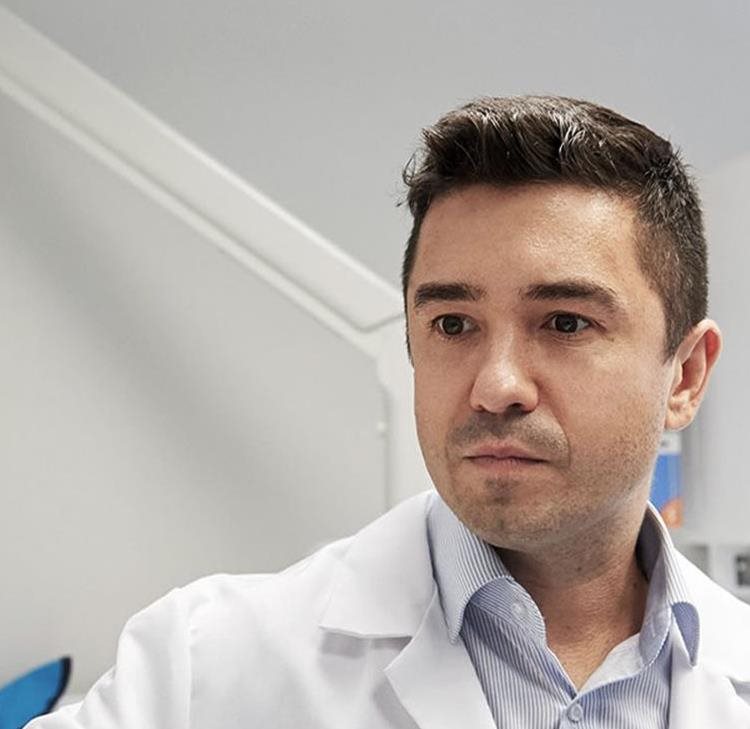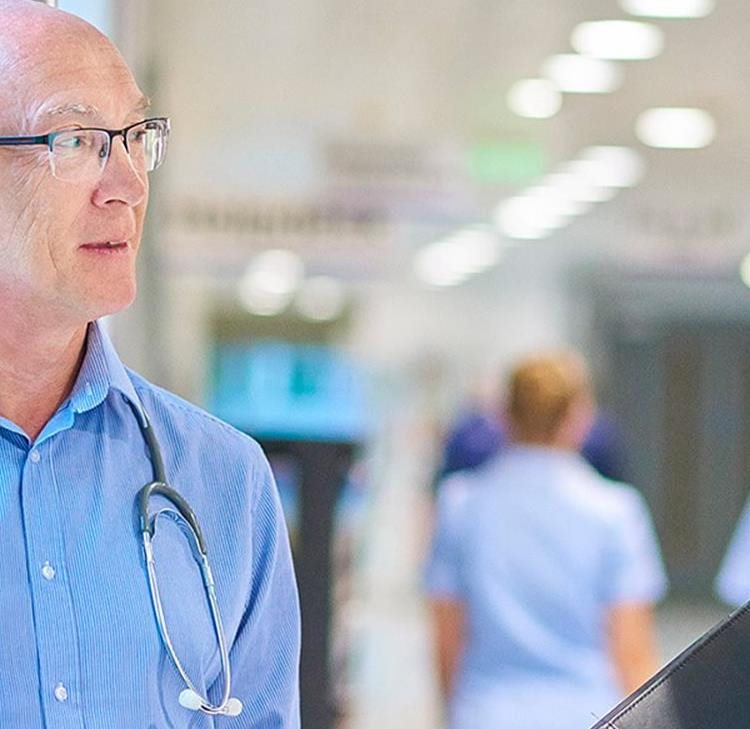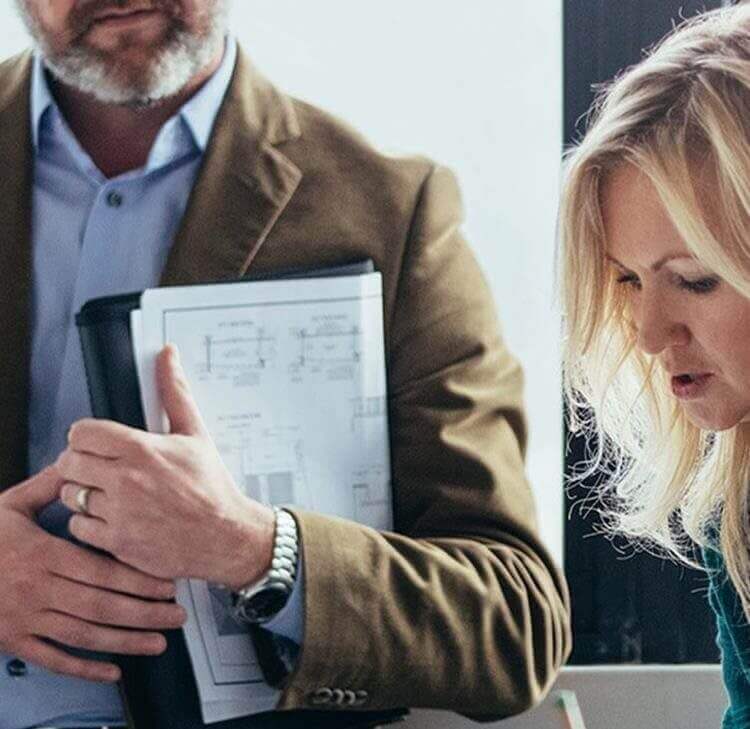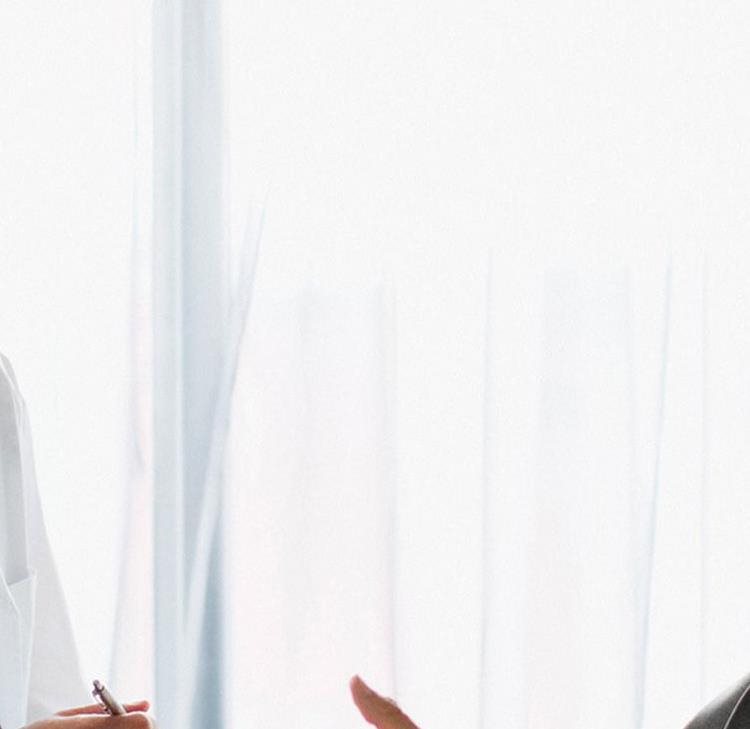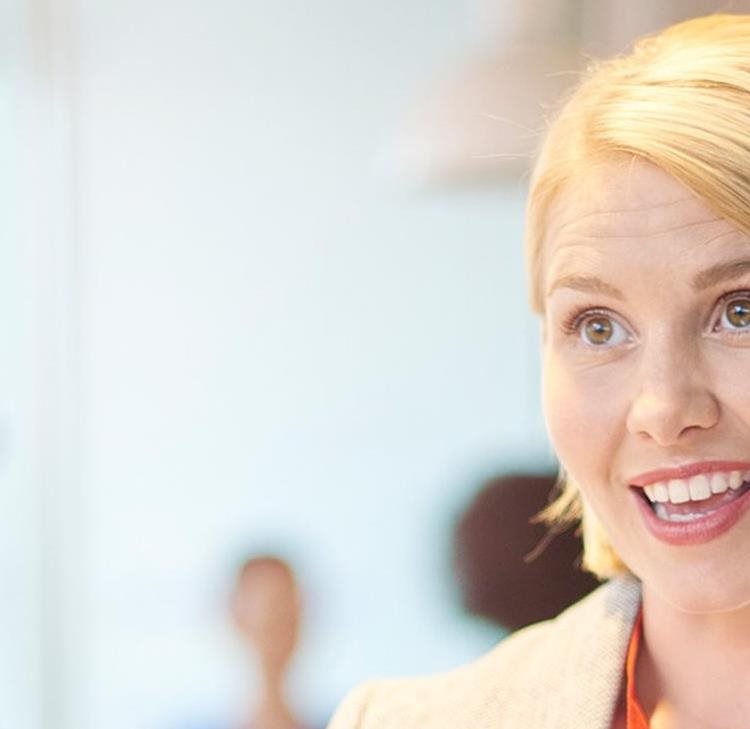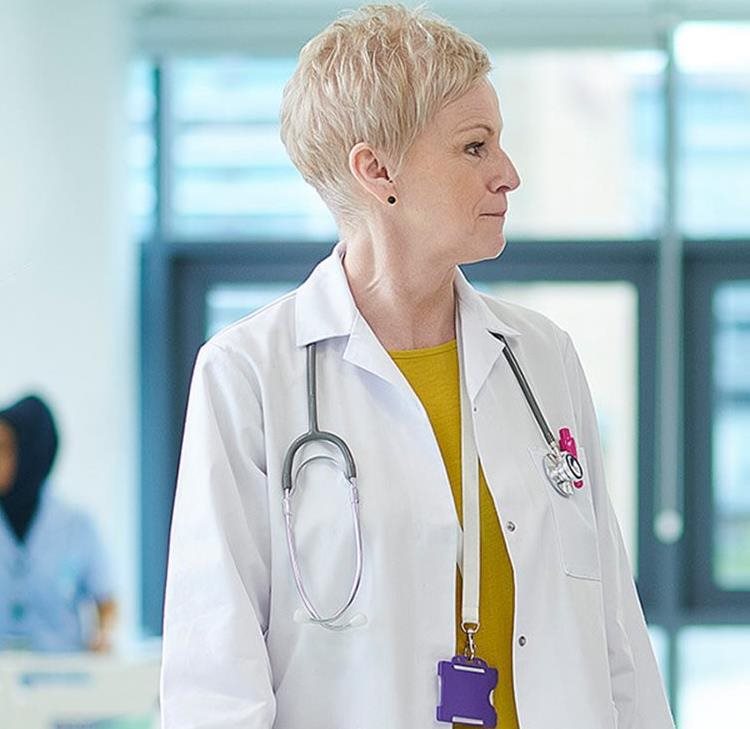Interview with Edge Health: challenges and opportunities in these unprecedented times
Joel Nixon, a Senior Associate in our Commercial Health team, speaks with George Batchelor, co-founder of sector specialist data analytics business, Edge Health.
Please note: the information contained in this legal update is correct as of the original date of publication.
This edition, Joel Nixon, a Senior Associate in our Commercial Health team, speaks with George Batchelor, co-founder of sector specialist data analytics business, Edge Health, to get his views on entry to the market for young businesses and the challenges and opportunities across the sector in these unprecedented times….
Joel Nixon: Good afternoon George, tell us a bit about yourself and Edge Health.
George Batchelor: By background I am an economist and data scientist. Recently I became a father to baby Ava who was born at the peak of the Covid-19 pandemic in St. Thomas’ Hospital - an experience that I will never forget. My mother worked in the NHS for most of her life as a nurse which I think is where a lot of my interest in helping solve some of its difficulties come from, and has also given me a higher level of accountability and put me under greater scrutiny than I would get from some clients!
I founded Edge Health with Ed Bramley-Harker and Christian Morroy in 2017 having worked together for some years. We saw the opportunity to do something quite different in what was a difficult market so years of austerity meant that most NHS organisations were looking at projects to improve efficiency and cost-saving but were challenging the value of it, and very heavily in some cases.
We began doing some really exciting work with the NHS and care sector in the gap that we had identified, starting to use their data very differently. For example, we did some work with South Tees Hospitals NHS Foundation Trust where we developed a theatre scheduling tool called ‘Space Finder’ and they really took it to the front line and ran with it to deliver some great outcomes, saving themselves around £3 million through identifying that they were able to turn off weekend working. We had not really seen data analytics in the sector make that sort of impact and affect the front line in that way before.
Joel Nixon: That must have been a great vote of confidence in your approach?
George Batchelor: It was and it was a realisation that it is easy to be quite distant from where the ultimate impact is felt when doing consulting work. For us to actually engage with nurses, doctors, surgeons and so on involved in delivering great care in a hospital at all levels, and seeing how they were taking our work and using it, just reinforced that greater level of accountability that I mentioned earlier which we pride ourselves on. That was very energising for us.
Joel Nixon: In terms of accessing the market as a young business, presumably it helped no end to be able to demonstrate such direct results from the off?
George Batchelor: When we began breaking in, it was a particularly tough time for the sector in terms of finances but because we had seen how our work landed we had a lot of confidence that there was going to be a demand for it and we had a lot of clients that we had worked with previously that had built a lot of trust with us. That gave us a platform but it is still very different going from working in another organisation to having your own where you have to justify both internally and externally what you are doing and how, whilst winning contracts that are hard to win.
Joel Nixon: And your innovative approach to data has helped that?
George Batchelor: I think what historically has happened and what still happens a lot now is that you have people who look at data (typically in project teams) not necessarily communicating that data back to those ‘doing the doing’ and there is very valuable untapped information in the latter. That results in people much more connected to the service itself being unable to quite quantify and work out the relative magnitude of different problems hidden within it.
The thing that I think is really valuable in this, and what I think we did quite well during Covid-19, is to look at the data early, see a story in it and then go on to validate that with people that were working in hospitals, and we did that not just in the UK but also in China and Italy. In our experience, you can have all the data in the world but if it doesn’t resonate with people that are seeing, hearing and feeling in the organisation on a daily basis then you are probably wrong! Other industries are no different – my brother-in-law works for a Formula 1 company collecting huge amounts of drive data through devices throughout the car but the data he values most is that which is fed in by the driver.
Joel Nixon: And technology will play a role in connecting those areas together to unlock greater efficiencies in the delivery of care?
George Batchelor: Once we have identified an issue that the data suggests is a problem, and we have validated that with the staff on the frontline, it is technology that can provide the solution.
Joel Nixon: This is likely a difficult question in the current climate, and probably a case of picking your battles, but if there was a change that you could make to the sector with the fresh eyes that you bring to it, what would that be?
George Batchelor: The thing I have really enjoyed about the work we’ve done over the last few months during the Covid-19 crisis has been the recognition of the importance to get it ‘right enough’ and really understand what is going on rather than attempt to achieve analysis that is perfect but not actually correct. It would be great if that could be taken onboard across the piece. There is something nice about knowing the problem (for example, we need more ventilator beds or greater capacity in the community) and knowing that a solution is required in tight timeframes and it has to be pretty much right in a very rapid changing environment. The pressure that that places on you to reach the right answer and how it really challenges the quality of your work is very rewarding.
Joel Nixon: So the future should be more ‘substance over style’?
George Batchelor: Yes, and I guess that is why these things end up sitting on shelves and not getting implemented or progressed which can be quite demoralising. If people are more challenging on the quality of decision-making and the importance of decision-making then that forces the work to get better behind it.
Joel Nixon: Linking to that, where do you see challenges over the next 12 months for the sector? Clearly, Covid-19 is a massive challenge and the full extent of its impact on the broader infrastructure remain to be seen.
George Batchelor: I will try to limit myself to three big challenges. Firstly, I think the growing treatment backlog is possibly the biggest challenge. Pre-Covid-19 we had around 4.5 million people on a waiting list and even more that don’t make it onto the official figures because they are planned follow-ups and this was growing as it was, even before factoring in the NHS’s postponement of activity and reduced productivity to deal with greater infection control requirements. Secondly would be the re-profiling of certain services where the pandemic shifted demand. Suddenly areas with older people required much more capacity than areas with younger people (and is partially why London didn’t fair too badly, with its ratio of a younger demographic vs. critical care bed capacity, given the level of infection). Pre-Covid we had a very finely balanced system you know we spent years sort of like nibbling away at all the efficiency opportunities. The bed base in any given hospital was very finely calibrated to the historical demand of that area, for example, and that has all been thrown up in the air now.
Finally, it would be improving the openness and localisation of decision-making, something which worked well in the local responses to Covid. I think with reflection there is something about pushing more of the decision-making and accountability locally rather than pulling it back centrally. There is definitely a role for central planning but I think, where possible, push it closer to the front line with open and transparent sharing of data. We did some work with the Royal Marsden and had 48 hours give or take to understand what level of capacity might be needed in West London for maintaining cancer surgery for time critical care. What worked really well was that the data was really easy to get hold of in a pragmatic way. We still had to go through all the information governance hoops but it was much quicker and more efficient. It would be nice if that could carry on with more shared data on where the infections are and the details of those infections.
Joel Nixon: I suppose that is consistent with a greater opportunity to work more inter-region given that disease and infection is not constrained by the catchment areas and jurisdictions of our health system. That plays into the next point I wanted to ask you about the biggest opportunities for the sector in the next 12 months?
George Batchelor: There are so many opportunities given what we know now. We have spent so many years in a weird status where nothing was really changing particularly quickly and it felt at times that the biggest changes were the labels for integrated care system (ICS)/ sustainability and transformation partnership (STP)/ Health care professional (HCP) rather than service delivery. One of the positive things to come out of Covid is that has really shown us how to work slightly differently. This has ranged from the use of technology for outpatient video consultations through to system working and inter-hospital collaboration between teams of clinicians that had become before siloed. It shows the benefit of local accountability and having a crystal clear goal – there is a lot of complexity in the NHS and you can’t remove that but the more that you can create a single tangible goal that is understood by all, such as ‘reduce the mortality rate’. People in the NHS are buzzing from the excitement of the challenge and what they have achieved and it is a shame that it took a pandemic for that potential to be realised because there is no lack of energy and will. There is a real opportunity now to empower people with a clear goal to go and do something within defined parameters without the confusion of multiple conflicting objectives.
Joel Nixon: To wrap things up, what is the one thing you know now that you wished you had known when you started out on the venture of Edge Health?
George Batchelor: I didn’t have a very good answer for this but I think I do now – that there would be a pandemic in March 2020! I am half joking about that but I think that the speed it happened was so quick that it did make it hard to spot all the problems as they arose and that foresight would have allowed us to stress test certain parts of the system. We did a lot of work on ventilator beds quite early on but I think if we had known that care homes were going to be such a source of mortality then we would have focussed more on them as well. It was difficult as the data in care homes was so limited compared to that in the acutes until the ONS released some pretty horrifying figures some weeks in. That goes back to our ethos of seeing the numbers, realising their story and verifying them to identify opportunities for improvement.
Contact

Mark Hickson
Head of Business Development
onlineteaminbox@brownejacobson.com
+44 (0)370 270 6000



